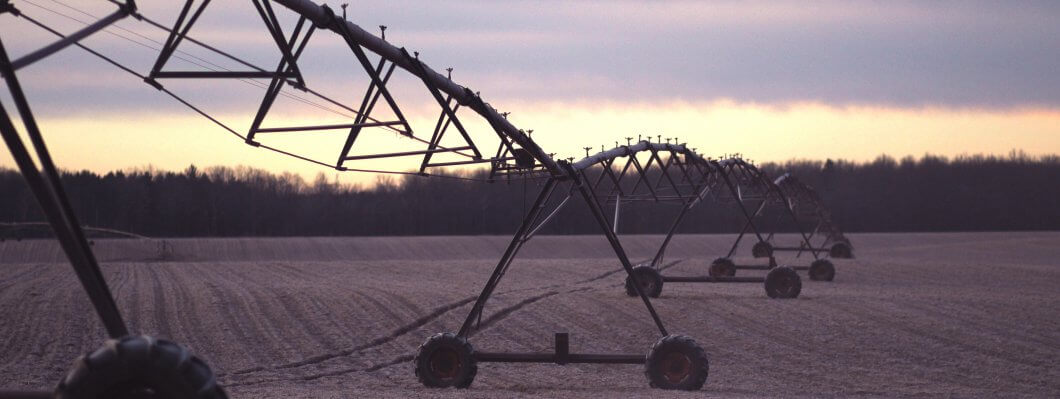
We should not be plowing, tilling, fertilizing, or spraying. We should not see any bare soil between crops, and there are no such things as weeds. In fact, almost all our farming practices we’ve adopted since we hitched an animal team to a plow have done far more damage than we might realize.
Before we get into what we’ve been doing wrong for hundreds of years, have you ever heard the term “regenerative farming?” It’s what a vintner in California calls her efforts that emphasize rebuilding, restoring and supporting the organic matter that composes healthy soils. She is convinced this is the only way to undo the untold damage of industrial farming. Her name is Mimi Casteel, and besides Chardonnay’s and Pinot Noirs she raises ducks, grapes and vegetables. And according to a recent article in the New York Times, she thinks the most invasive species in a garden aren’t the weeds, but Homo Sapiens.
She has some rather controversial beliefs and philosophies that are starting to make sense to a small but growing following. More and more vintners are abandoning the principles of industrial farming. If it isn’t natural, it isn’t right. For example, she eschews perfectly manicured vineyards. Hers by contrast, show no bare earth around the grape vines, only innocuous plants such as Queen Anne’s Lace.
Are there any positive results from this new look at traditional farming? Well, it’s said that Mrs. Casteel creates exquisite wines. But her mission is far greater as she believes that healthy soils offer our most effective tool to fight climate change. Nothing screws up the soil like what’s done by using plows and cultivators where the top layer is turned under to bury weeds and organic matter. This disturbs the microbial life we cannot see but prevents it from actively rejuvenating the soil.
There’s no doubt this purity of farming techniques has it benefits, but is it running counter to the world’s growing needs to feed its ever-growing populations? Sooner or later, we are going to come to a major crossroads where farming techniques intersect with the need for greater yields and the need to preserve our greatest agricultural asset. The soil under our feet.




Leave a Reply